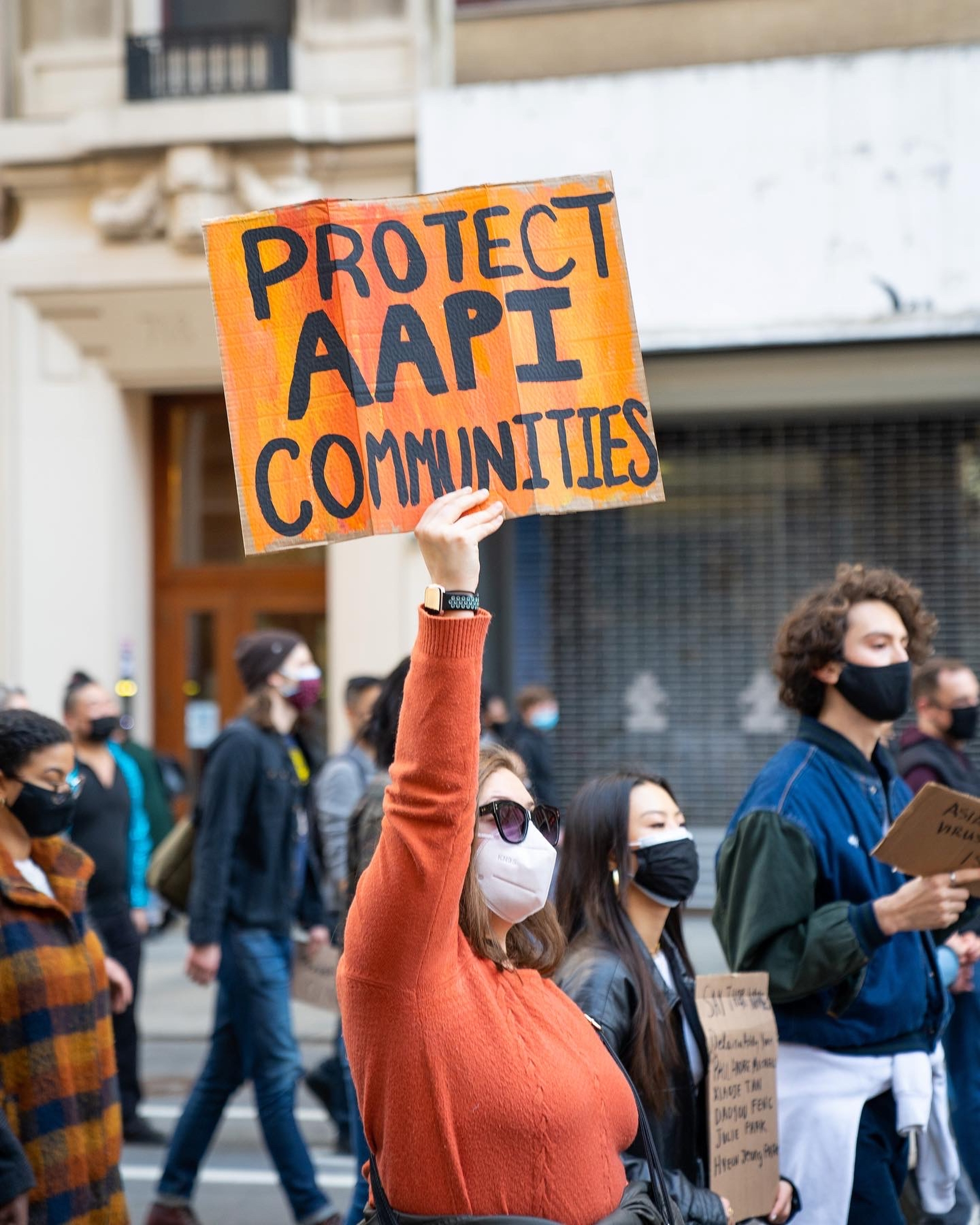May is Asian Pacific American Heritage Month: Health and IPV Resources for API Communities
 May is Asian Pacific American Heritage Month, which recognizes the rich history of Asian and Pacific Islanders* living in the United States.
May is Asian Pacific American Heritage Month, which recognizes the rich history of Asian and Pacific Islanders* living in the United States.
According to the Pew Research Center, Chinese, Indian, Filipino, Vietnamese, Korean and Japanese accounted for 85% of all Asian Americans as of 2015.[1] The other 15% of the Asian American population is: Pakistani, Cambodian, Hmong, Thai, Laotian, Bangladeshi, Burmese, among others.[2]
Violence is highly prevalent among Asian Pacific Americans. According to the Centers for Disease Control and Prevention, 18% of Asian or Pacific Islander women reported experiencing rape, physical violence, and/or stalking by an intimate partner in their lifetime in a national survey, as compared to 48% of American Indians or Alaska Native women, 45% of Black women, 34% of Hispanic women, and 37% of White women.[3] Visit the Asian Pacific Institute on Gender-Based Violence, a national resource center funded by the Department of Health and Human Services and a member of the Domestic Violence Resource Network, for more resources and research on gender-based violence among Asian Pacific Islander communities.
Also prevalent among Asian Pacific Americans are experiences of racism and discrimination, including increased incidents of violence and harassment during the COVID-19 pandemic, experiences of Islamophobia against Muslims, and violence against indigenous peoples and histories of colonization.
FUTURES’ National Health Resource Center on Domestic Violence (in collaboration with several partners in the field) has developed a number of resources higlighting the health impact of violence and abuse, specific to Asian and Pacific Islander communities:
- “Is your relationship affecting your health?” General Health safety card available in Chinese (for a national audience), Korean, and Tagalog (for a national audience).
- “Is your relationship affecting your health?” General Health safety card for Hawaiian communities available in English, Hawaiian, Chinese, Marshallese, Tagalog, and Chuukese.
- “Did you know your relationship affects your health?” Reproductive Health safety card in Chinese and Korean.
- “Hanging Out or Hooking Up?” Adolescent Health safety card in Chinese and Korean.
- “Caring Relationships, Healthy You” LGBQ safety card in Chinese and Korean.
- “Beyond Halal and Haram: Muslims, Sex, and Relationships” Muslim Youth safety card.
*The term Asian and Pacific Islanders includes: the entire Asian continent and the Pacific islands of Melanesia, Micronesia, and Polynesia.
[1] Budiman, Abby, et al. “Key Facts about Asian Origin Groups in the U.S.” Pew Research Center, Pew Research Center, 22 May 2019, www.pewresearch.org/fact-tank/2019/05/22/key-facts-about-asian-origin-groups-in-the-u-s/.
[2] Ibid.
[3] CDC: 2010-2012 National Intimate Partner and Sexual Violence Survey (2017)


